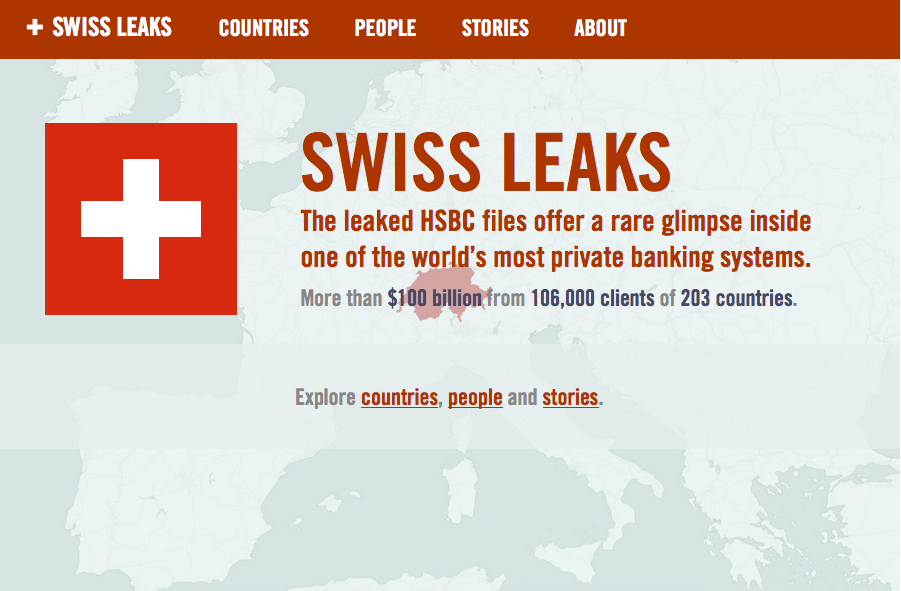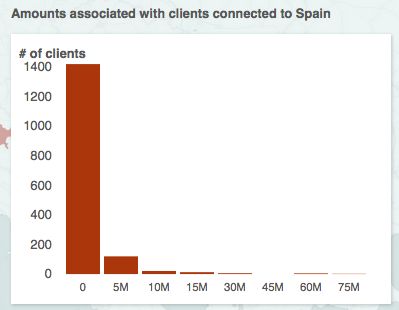Yesterday’s leak from the International Consortium of Investigative Journalists (ICIJ) lays bare the extent to which corruption, tax evasion, and other criminality is made possible by the global offshore industry. Over 60 media outlets collaborating with the ICIJ are publishing a series of stories based on documents leaked from the prominent Panama-based law firm Mossack Fonseca.
This firm is one of the world’s top creators of shell companies, corporate structures that can be used to hide ownership of assets. The law firm’s leaked internal files contain information on 214,000 offshore companies connected to people in 200 countries and territories. The data include emails, financial spreadsheets, passports and corporate records revealing the secret owners of bank accounts and companies in 21 offshore jurisdictions, from Nevada to Hong Kong to the British Virgin Islands.
While the creation of these companies does not constitute any crime, using them to evade taxes or launder money, does. That is why organizations like Global Witness are calling for tax havens to end the secrecy that enables this abuse. “This investigation shows how secretly owned companies, many of them based in the UK’s tax havens, can act as getaway cars for terrorists, dictators, money launderers and tax evaders all over the world. The time has clearly come to take away the keys, by requiring the collection and publication of information on who really owns and controls these companies. This would make it much harder to launder dirty money and leave the rest of us safer as a result,” said Robert Palmer, campaign leader at Global Witness.
Meanwhile, Verdict Financial says that the Offshore Wealth Management will endure this latest crisis. Andrew Haslip, Verdict Financial’s Head of Content in Asia-Pacific for Private Wealth Management, comments that “The data leak from offshore law firm Mossack Fonseca has made headlines around the world. But it will have little direct impact on the amount of wealth offshored as High Net Worth (HNW) clients no longer book assets abroad to shelter wealth from tax or prying eyes.” Indeed the Panama Papers leak is, by all accounts, the largest to date and appears to have snagged a number of high-profile clients, including celebrities, politicians and businessmen. No doubt another round of investigations by tax authorities will be forthcoming, followed by hefty fines and, in a few rare instances, criminal charges. “However, the leak is not likely to significantly impact the offshore wealth management sector. Offshore wealth managers have been dealing with the decline in client anonymity for quite some time, and the Panama Papers are simply the biggest leak to date. Ever since automatic disclosure became the standard in the wake of the financial crisis, the industry has been transitioning away from client anonymity as an impetus for investing offshore.”
According to the most recent Global Wealth Managers Survey from Verdict Financial, in 2015 the top two reasons for investing offshore globally were HNW clients expecting both better returns offshore and access to a better range of investment options. Client anonymity barely registered, way down in eighth place.
“As long as HNW clients remain focused on the search for yield and superior investments, they will be attracted to the more freewheeling offshore sector. Offshore financial centres such as Singapore, Hong Kong, the UK, and the US (and even perennial whipping boy Switzerland) that can offer the sophisticated investments prohibited in more tightly regulated onshore retail investment markets will continue to see strong inflows.” Haslip concludes.
Amongst the leak the ICIJ includes a list of the Banks involved:



 By Fórmate a Fondo
By Fórmate a Fondo

